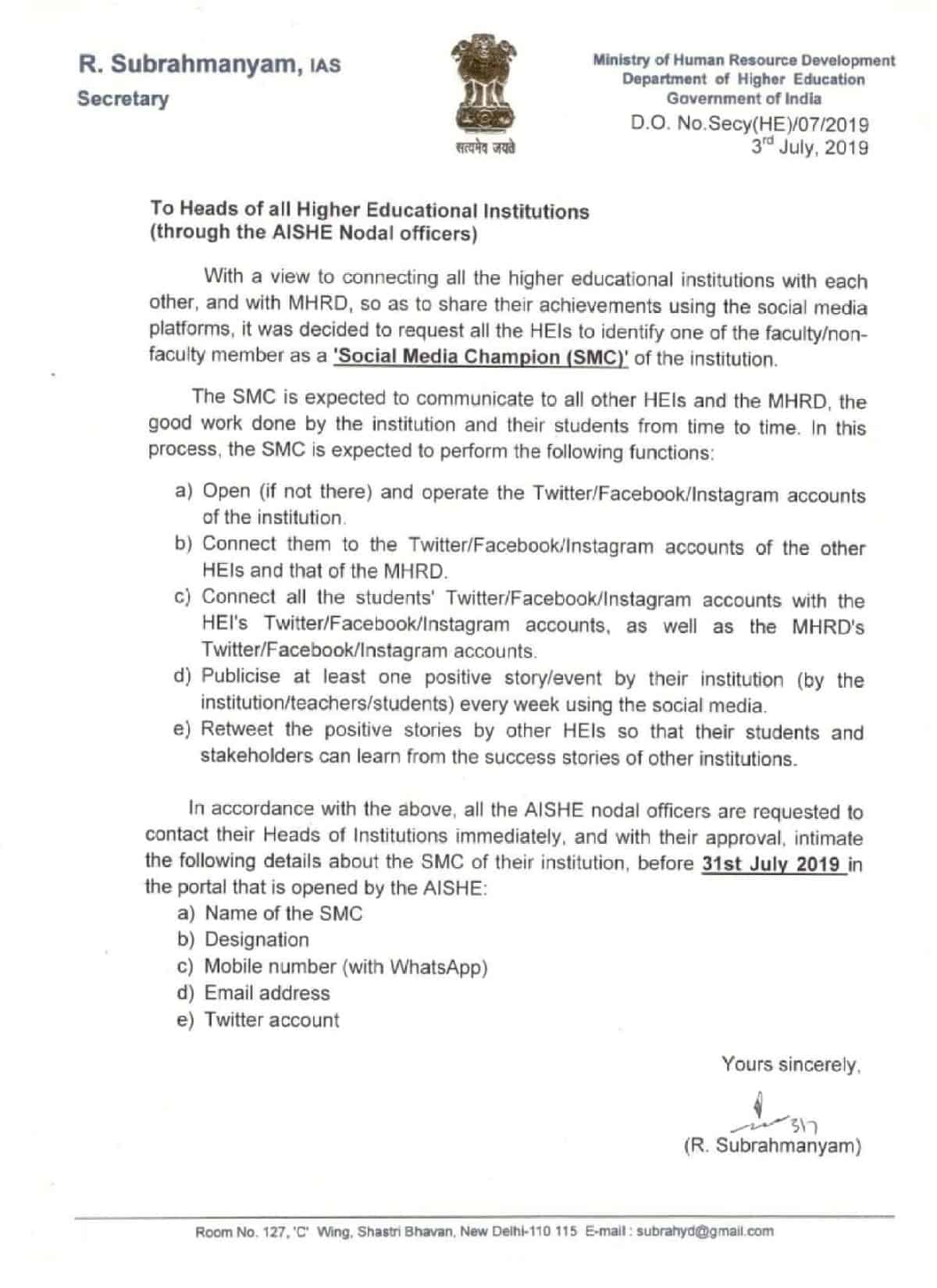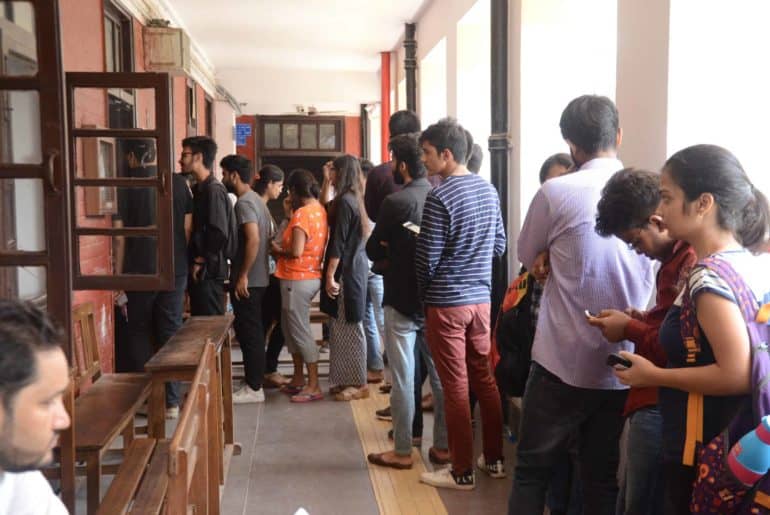Come monsoons, and the entirety of coastal India and Ganga basin fall victim to the heavy rainfalls. As one side of India faces acute water shortage, another side is cursed with deadly floods.
Assam Floods
Traditionally, Assam has been prone to heavy floods due to both natural and artificial reasons. The Brahmaputra river is among the world’s top five rivers in terms of discharge, as well as the sediment it brings. Whereas, population, habitation, and deforestation through the years has led to higher sedimentation. Combined with the heavy rainfalls, floods are an annual occurrence.
Over 12 lakh animals have been affected by the floods. Kaziranga National Park has reported around 129 animal deaths, including 10 rhinoceroses- the world’s only remaining one-horned rhinoceroses. In order to escape the flooded Kaziranga, animals have been trying to cross the highway, and reach the nearest Karbi hills. Deers, tigers, and rhinoceroses have been scavenging for food and shelter in human areas. However, this is simply the tip of the iceberg; over 95% of the National Park is under water.
As of 26th July, 27.15 lakh people have been drastically affected, the death toll stands at 80. Even though the worst of the rains are now over, residents are grappling for clean drinking water, food and basic amenities.
Assam needs the help of the rest of India to rebuild itself.
Here is how you can help:
- Contribute to Assam Chief Minister’s Relief Fund on Paytm.
- Contribute resources such as food items, utensils, clothes, toiletries and essentials at Goonj.
- Contribute funds to Milaap, which would thus transfer the funds to Assam Chief Minister’s Relief Fund.
Bihar Floods
Bihar’s death toll has escalated to an appalling 127 and over 88 lakh people have been affected. More than 12 districts have been severely affected leading to a demand of 10,000 crores INR, and declaring it as a national disaster.
As the water levels are gradually receding, people are going back to what was once their home. It is pretty sad to note that Bihar has been facing huge death tolls for the past few years, yet, both the State and Central government seem to have been ineffective at finding preventive measures. Bihar Chief Minister Nitish Kumar told the Assembly on 16th July, 2019, that the state is “fully prepared” to deal with the flash floods. Despite the promises, the common folk continues to face atrocities.
Not to forget the ghastly 1987 floods which claimed 1399 human lives and 5300 animals. Mainstream media has been shying away from covering the floods, thus leading to minimum to zero attention on their real conditions.
Even though the situation has improved, and is accompanied by light showers, Bihar needs the community’s help and support to regain their normal life. Here is how you can help:
- Contribute to Goonj. Basic amenities required, such as clothing, food, toiletries and miscellaneous.
- Contribute to crowd-funding or other NGOs collaborating with the Bihar government.
- Contribute funds to Bihar Chief Minister’s Relief Fund on Paytm.
India in today’s date is facing nature’s proverbial wrath. It’s time that the government took precautionary measures in flood-prone areas to not only save lives, but to preserve valuable yet diminishing natural resources.
Feature Image Credits: NDTV
Anandi Sen











